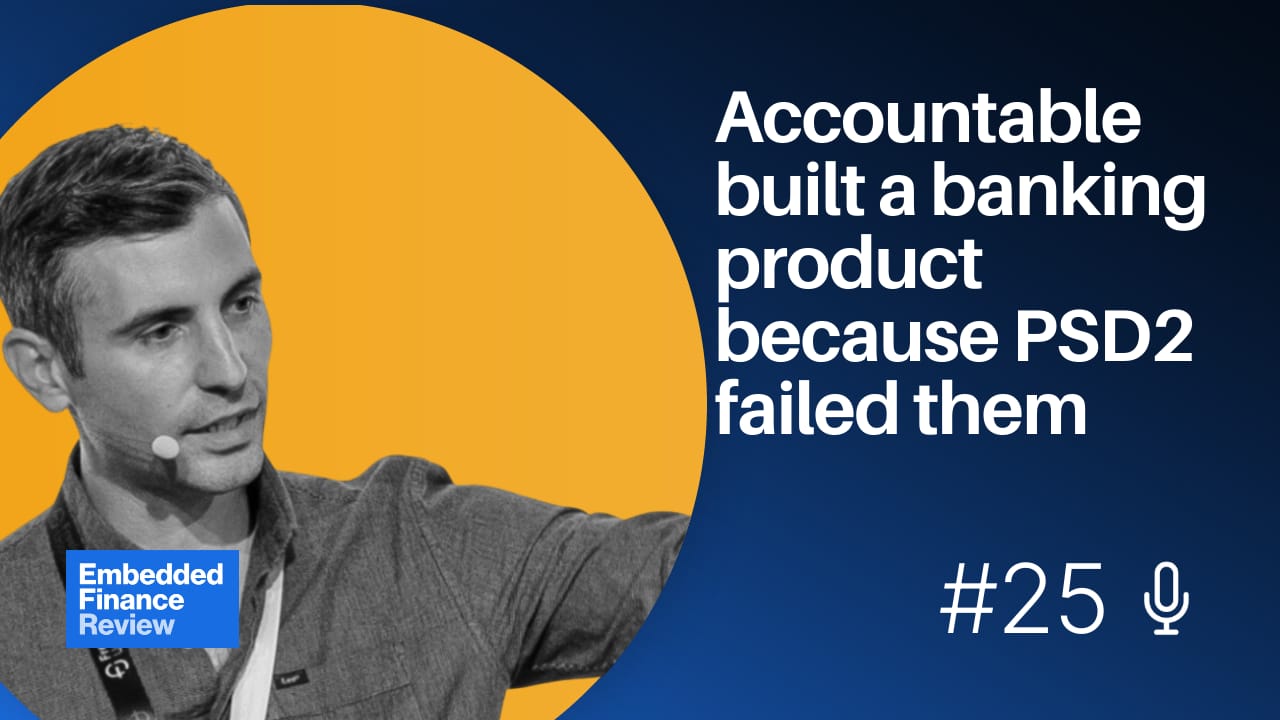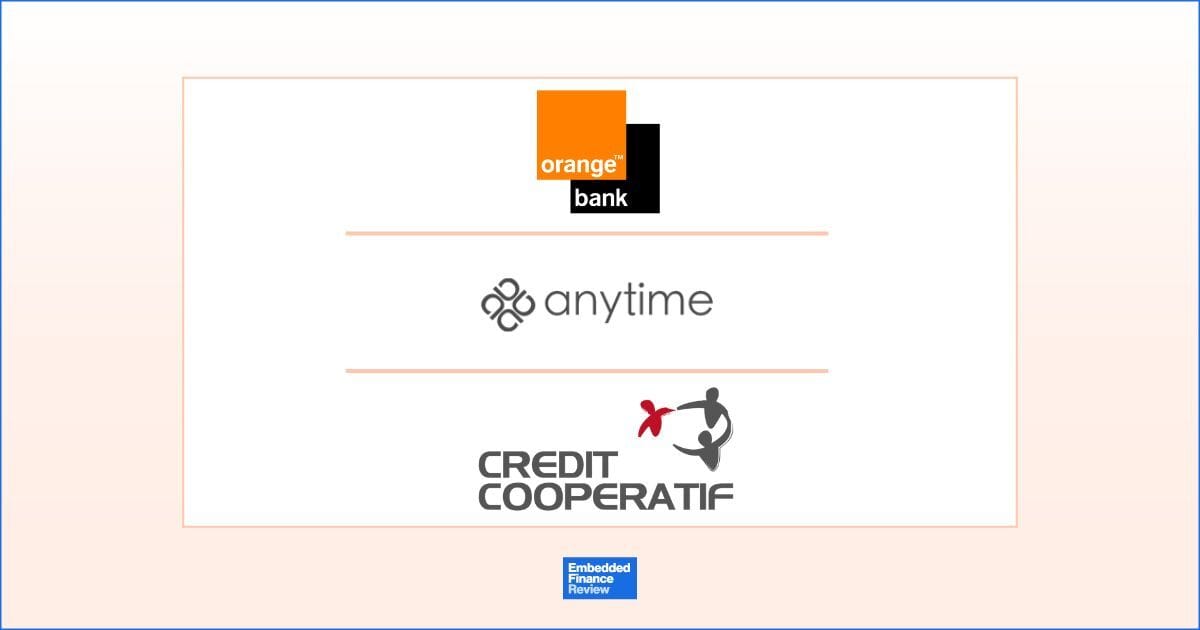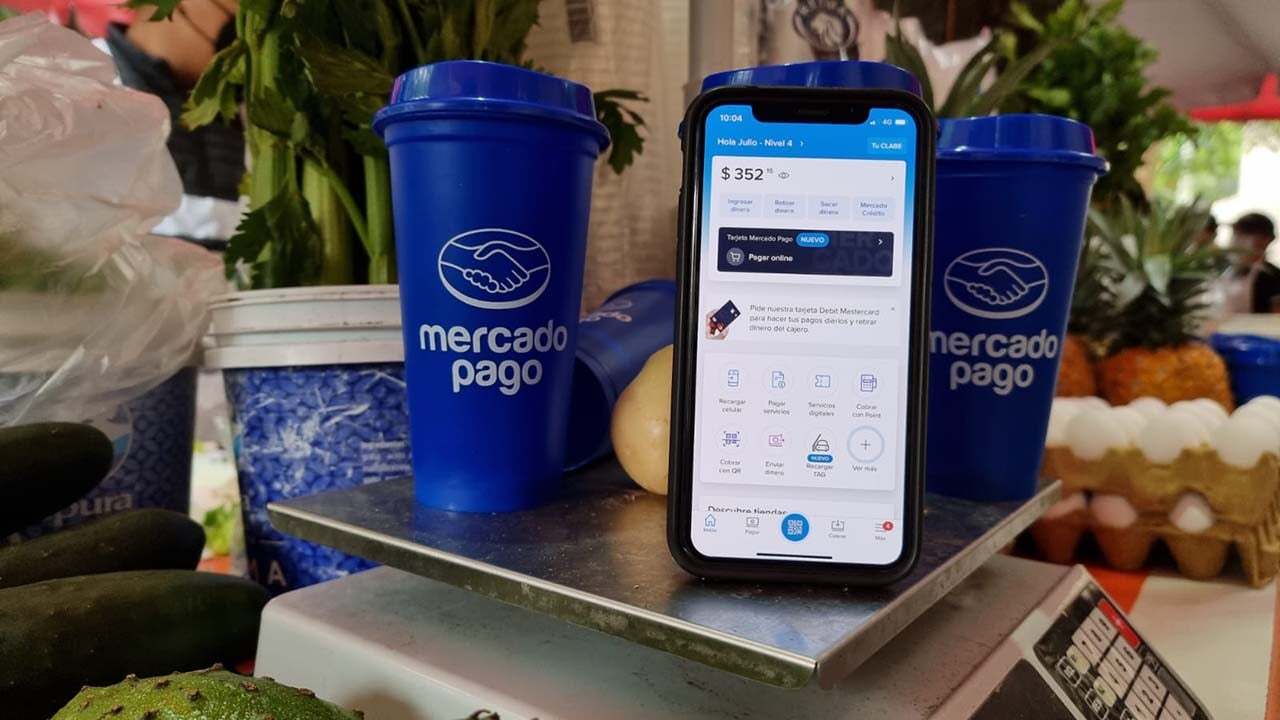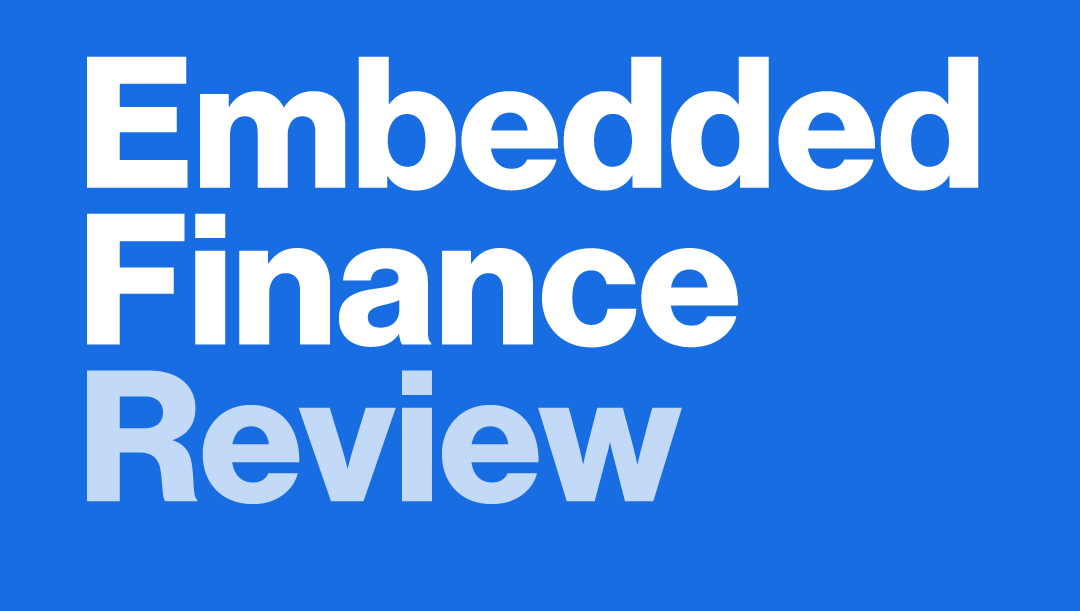Hi {{first name|embedded finance friend}}
After a relatively short edition last week, welcome back to a fully packed newsletter edition. In fact, I found so many interesting Embedded Finance news stories that I decided to postpone some of them until next week or perhaps turn them into a podcast episode - if the companies are interested.
This week, I am also finalising the details for our very first virtual event on Friday, June 13th. You can still register here.
You probably saw that to attend, you need to apply and get approved. I have opted for this requirement to ensure that every participant has exposure to the topic in one way or another. However, as mentioned earlier, an active newsletter subscription is sufficient, and I will approve every subscriber to the first virtual event.
This newsletter went out to {{active_subscriber_count}} subscribers. If you would like to support my work, you can upgrade to premium or partner with me.
This edition covers
And now let’s dive in 👇
Advertisement:
Get Your Free ChatGPT Productivity Bundle
Mindstream brings you 5 essential resources to master ChatGPT at work. This free bundle includes decision flowcharts, prompt templates, and our 2025 guide to AI productivity.
Our team of AI experts has packaged the most actionable ChatGPT hacks that are actually working for top marketers and founders. Save hours each week with these proven workflows.
It's completely free when you subscribe to our daily AI newsletter.
From Open Banking Struggles to Embedded Banking Success: Accountable's Journey

After a short and unplanned break, I’m back with another podcast episode. This time, we hear from Accountable, a freelancing and tax solution provider.
Tino Keller and his two co-founders launched Accountable in response to the PSD2 regulation. They saw the opportunity for an app helping freelancers powered by open banking.
And the app was successful. But the team struggled with many of the open banking challenges. And that’s what we speak about in the podcast episode:
The idea behind Accountable and how PSD2 and Open Banking were the reasons they started the company
Their decision to launch their banking product earlier this year
How much money they make with their embedded banking offering
Their roadmap and what role insurances and pensions play for their CFO-for-freelancers vision
You can find the episode on Spotify, Apple Podcasts, and YouTube.
Sage’s Embedded Accounting Offering Expands to Europe and North America

What happened: Accounting and bookkeeping provider Sage is expanding its Sage Embedded offering to Europe and North America (Sage). The service enables financial institutions, fintech companies and any other type of business to embed accounting features into their product. The service was initially launched in the UK.
My comment: Embed everything. I recall our Embedded Finance Review Event from last year in Frankfurt, where we discussed the role of incumbent banks in the Embedded Finance space. One option to “fight back” was to integrate non-financial services (Event Recap). Accounting features tend to be the most popular ones, as they are focused on freelancers and businesses (who have a higher willingness to pay than consumers) and address a large market (any business will need such services).
Embedding Sage into your product means that your customers either use Sage already or are willing to sign up / switch to them, but the brand and size of Sage are helpful. One of the companies that has already integrated Sage Embedded Service is British SME neobank Tide. While any business can incorporate Sage Embedded, SME focused neo- and possibly incumbent banks are likely to be the primary focus.
I have already covered a few infrastructure providers in the embedded accounting landscape. Still, I have not seen another company like Sage with an embedded and direct-to-business service offering. Maybe more will follow? But it needs to be a company with a similar brand or size to Sage.
Orange Is Planning to Sell Anytime to Crédit Coopératif as Telecom Giant Exits Banking

What happened: French telecommunication provider Orange has signed a memorandum to sell Anytime to Crédit Coopératif (Orange). Anytime was acquired by Orange Bank in 2021 and offers financial services to associations. Crédit Coopératif is a cooperative bank with a strong focus on this customer group.
My comment: It was an anticipated move as Orange is divesting from all of its banking activities, which has already resulted in the takeover of Orange Bank by BNP Paribas (Orange). While it always sounds like bad news when a non-financial brand exits its financial service offering, I would compare this to the move of British supermarket chains Tesco and Sainsbury’s. These companies have opted for a fully regulated solution, which involves owning and maintaining a bank. They began their efforts at a time when a bank licence seemed like the best option for a corporation of that size. While telecommunication and supermarkets are widely different, they both have little overlap with financial services. Therefore, building a great embedded banking product is challenging, and the financial products of these three companies were pretty comparable to any other neo- or incumbent bank, so there was no real ‘embedded advantage’.
Can E-Commerce Giant Mercado Libre Build Latin America's Largest Digital Bank?

What happened: The fintech unit of Latin American e-commerce giant Mercado Libre, Mercado Pago, is applying for a bank licence in Argentina (Mercado Libre). The company already holds such a licence in Brazil and has applied for one in Mexico.
My comment: According to Mercado Libre’s press release, the company will be able to offer more investment tools and lending products with the new license. The overall goal is no less than “building the largest digital bank in Latin America” (Juan Martín de la Serna, President of Mercado Libre Argentina). I covered Mercado Libre already in May 2023 (is it already more than two years since I started this newsletter?), and back then, fintech products generated 44% of the company’s total revenue, with a growth rate of 94% compared to 20% for their core product (Mercado Libre's Fintech game) . Will this rise continue with the additional new licences and regulatory scrutiny?
My question: Do you know somebody with extensive knowledge about Mercado Pago? I would love to cover their story in a podcast episode. This can be a current employee or a local industry expert with unique insights. Thank you!
In other Embedded Finance news
B2B BNPL provider Hokodo partners with French Brico Dépôt, one of the leading suppliers of building materials in France. The partnership offers business customers instant and flexible payment terms at the checkout of the 124 stores (LinkedIn).
The B2B travel technology marketplace HBX Group is partnering with YouLend to offer its partners and clients a cash advance product. The new financing solution aims to help small and medium-sized businesses in the travel and hospitality sectors manage cash flow and unlock growth opportunities (HBX Group)
Karat Financial is launching a creator-focused business banking product after the success of its stand-alone Visa credit card product (TechCrunch). Karat is not a non-financial brand and technically does not offer an Embedded Finance product; however, such vertical Fintech solutions often share the same mindset and DNA as Embedded Finance solutions.
Event Calendar
June 25th, Frankfurt: TechQuartier Digital Finance Accelerator - I will be hosting a Masterclass [More details]

